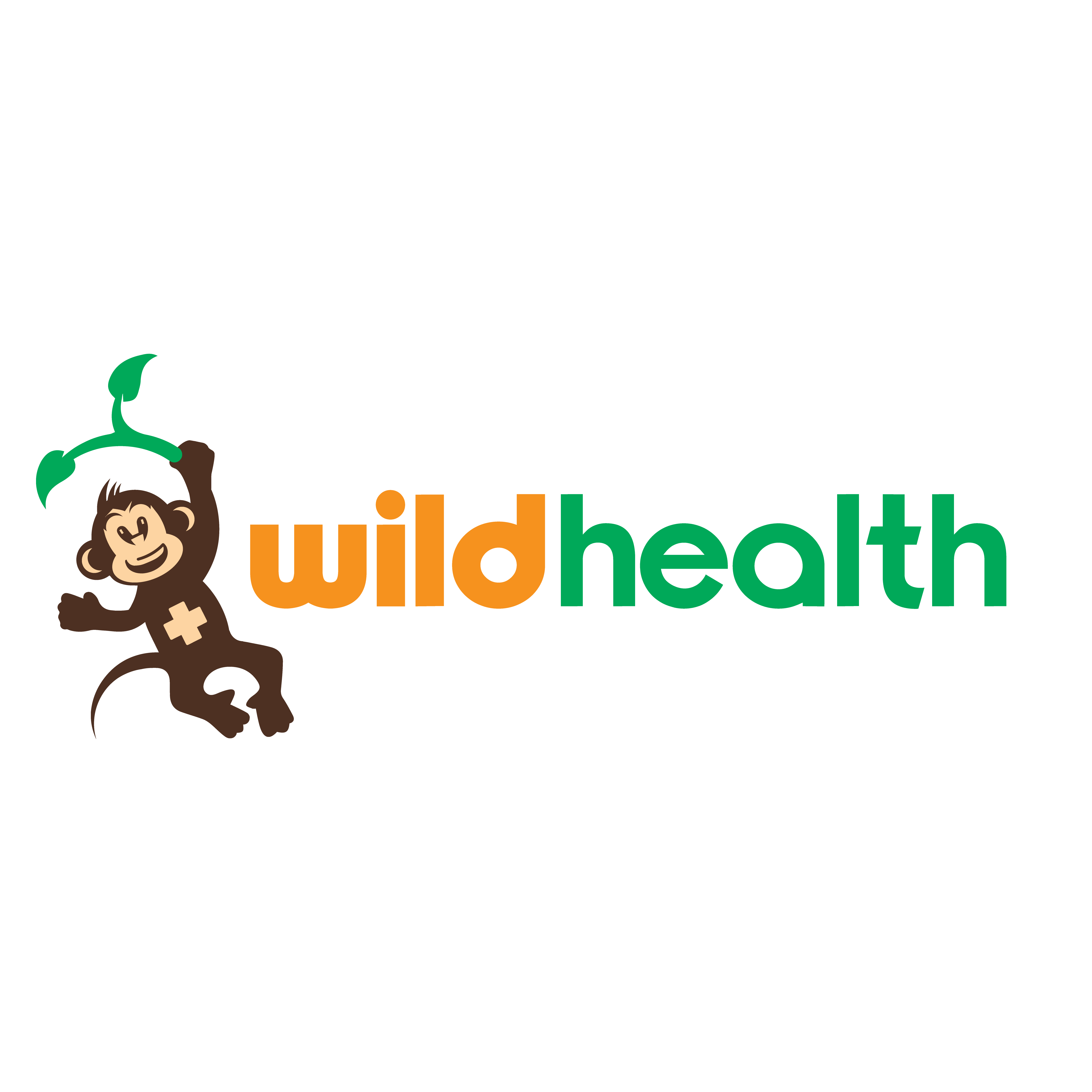
Allergy Pal from the Murdoch Children’s Research Institute), CareMonitor, Oculo, FRED IT’s WhatsApp electronic prescribing solution and Disease Tracker by PenCS, are all inaugural winners of The Australian Digital Health Agency’s Innovation Challenge
Allergy Pal is a digital management platform for children with a moderate to severe food allergy seeking to build a national database of patients with food allergies and facilitate greater continuity of care and improved patient health outcomes.
CareMonitor is a Shared Care and Remote Monitoring Platform designed to provide Australians with a seamless transition of services across the health system and management of patients diagnosed with COVID-19 or other chronic health issues in record time.
Oculo links mobile technologies for the remote capture of objective measures of visual function to inform telehealth decisions and care pathways for eye care.
Fred IT Group’s solution enables patients to access their prescriptions electronically through WhatsApp.
Disease Tracker is a primary care clinical data and analytics platform that improves epidemic surveillance, emergency response and clinical outcomes through point-of-care decision support.
The winners of the Innovation Challenge each recieve $50,000 in funding to further develop their products and the opportunity to work with the agency to assist them to co-design their solution and assist with plans for national scaling.
“The winners of our challenge are providing amazing digital tools to improve the quality of healthcare services – by improving the quality of telehealth consultations, providing an app for consumers to store their digital prescriptions and making it easier for people to manage their allergies,” ADHA Chief Digital Officer Issa said.
“We will continue to work with innovators, academia, peak bodies, employers and health industry stakeholders to make sure healthcare workers have the necessary skills to embrace digital technology. This can be done in healthcare through the National Digital Health Workforce and Education Roadmap.”
The winners were determined through a competitive process along three themes; digital clinical care, digital social care and digital health population management and future preparedness. All applications were reviewed by a panel of digital health subject matter experts within the Agency who shortlisted. The shortlisted applications were then scored by a panel of experts in the technology, health and social services, and investors across the private sector, government and academia. The evaluation criteria are available here: https://innovation.digitalhealth.gov.au/
The Agency worked with the following organisations to bring together the Innovation Challenge: p the CSIRO, the Royal Australian and New Zealand College of Radiologists, the University of Sydney, Lifeline, Monash University, Austrade, UNSW Sydney, Kirby Institute, MTP Connect, ANDHealth, MIMS Australia and MIMS New Zealand, the Medical Software Industry Association (MSIA), Healthdirect Australia, Allied Health Professionals Australia (AHPA), the University of Melbourne, Aged Care Industry Information Technology Council (ACIITC), COTA Australia, Consumers Health Forum of Australia, Australian College of Rural and Remote Medicine, Australasian Institute of Digital Health, Consumers Health Forum, Digital Health CRC, Aboriginal Medical Services Alliance Northern Territory and Mentally Friendly.

